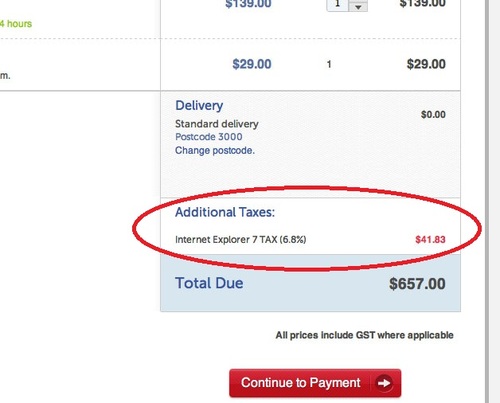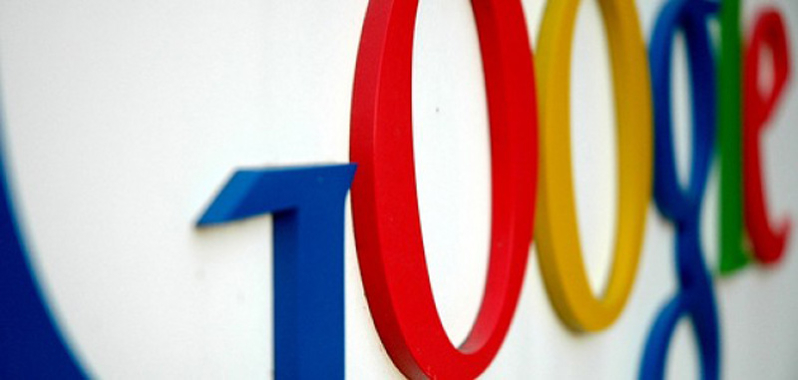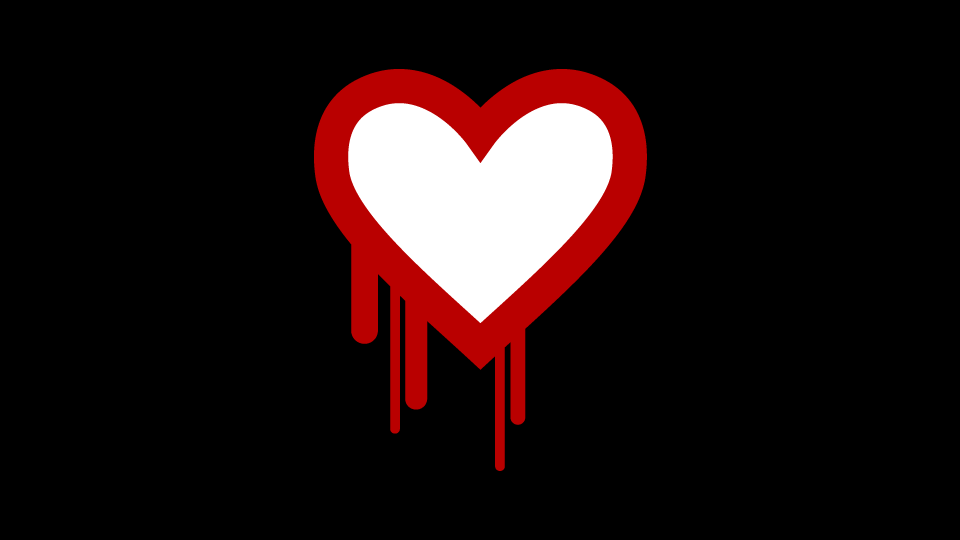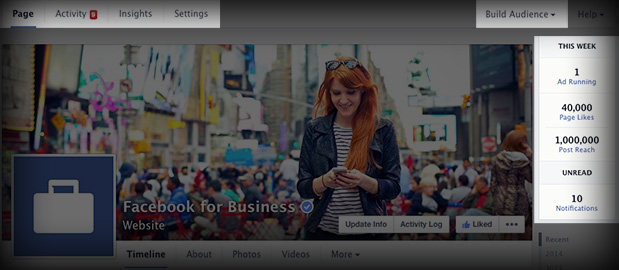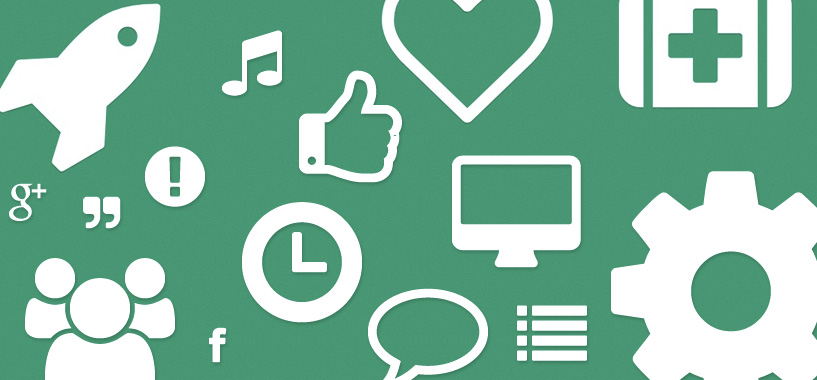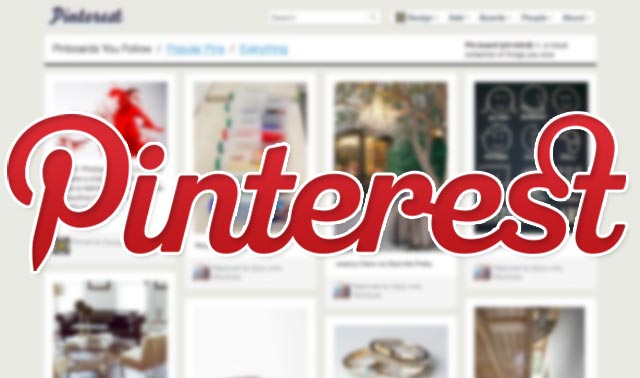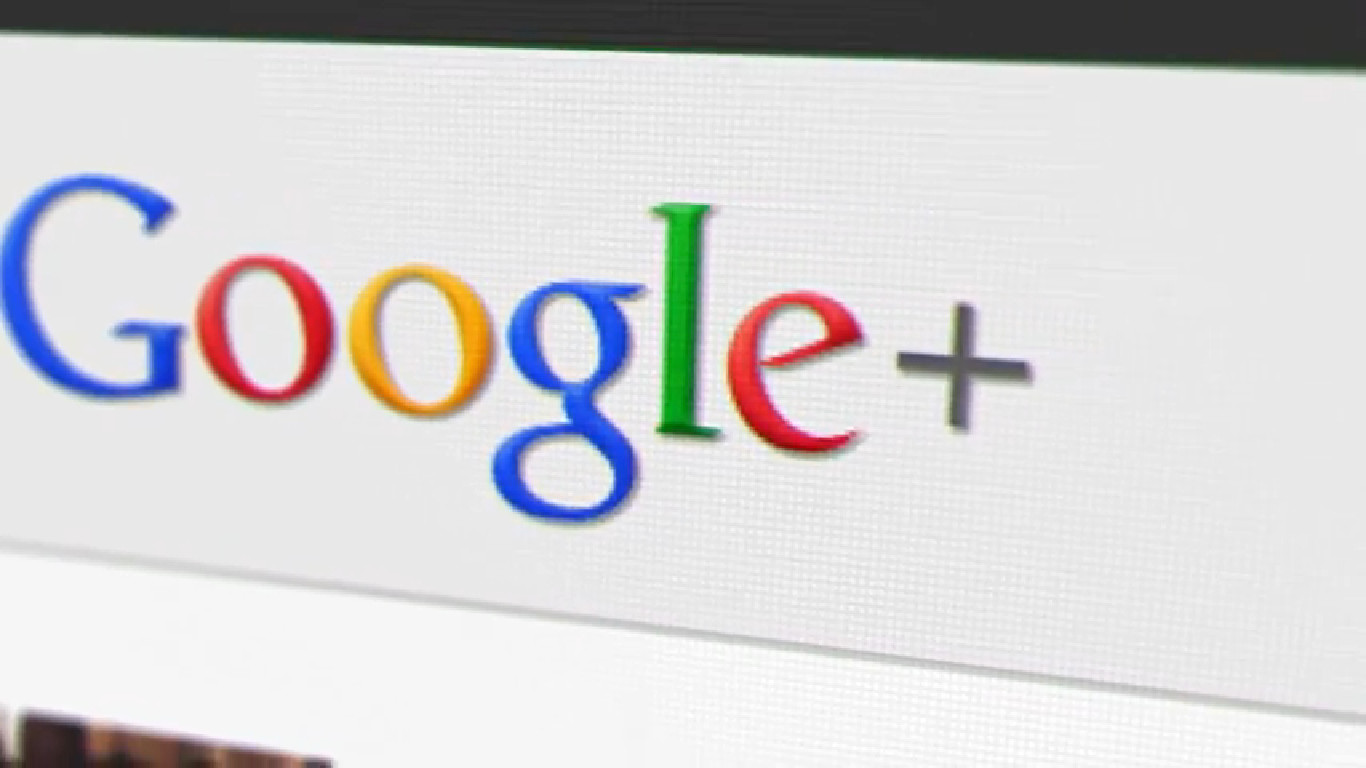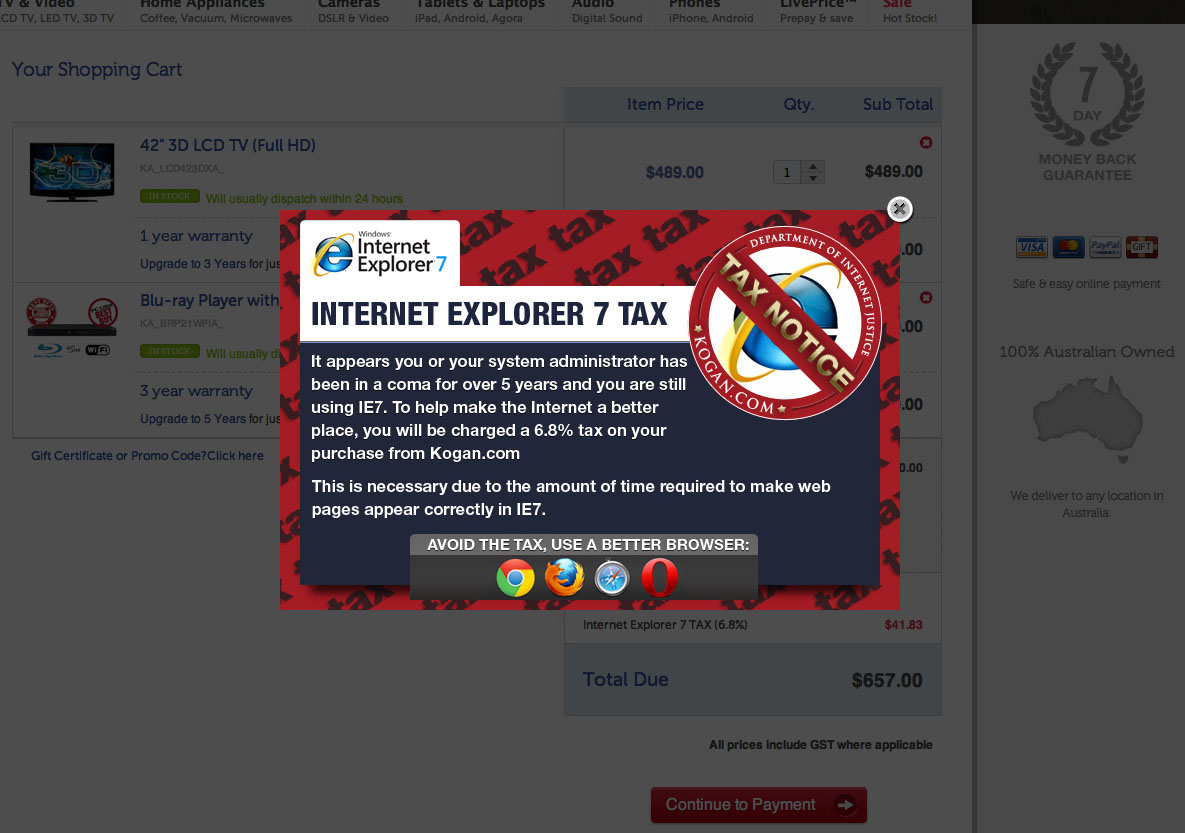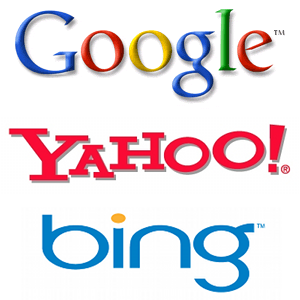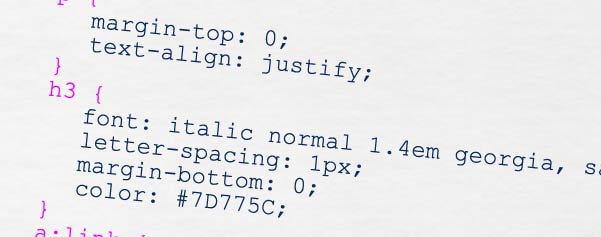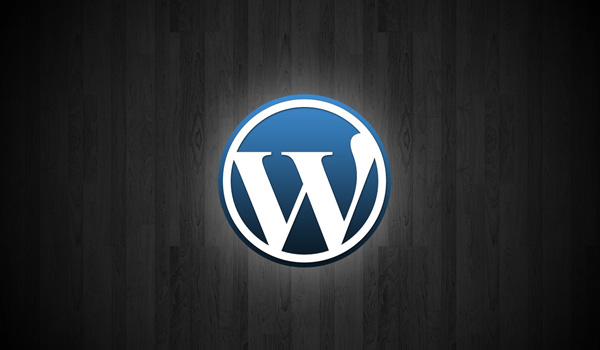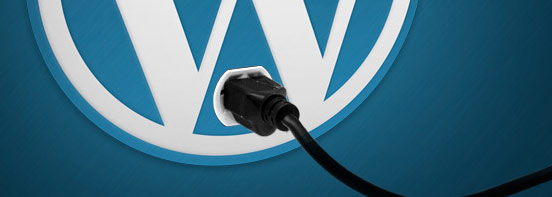You may have heard some talk lately regarding a website's decision to tax Internet Explorer 7 users who purchase products from their website using the outdated browser. Well, it's true and it might just do what we've all been hoping will happen - force Internet users to upgrade their browsers.
The Internet Explorer 7 Tax
Put in place first by online retailer Kogan, the Internet Explorer 7 Tax imposes a 6.8% tax on all purchases made from the website from any Internet Explorer browser version 7 and below.
When users head to checkout on the Kogan website, their shopping cart displays the 6.8% tax as an additional charge, which can obviously bump the cost of the purchase up quite a bit if the visitor has a large order.
Users can choose to update to any browser to avoid the charges; Google Chrome, Mozilla Firefox, or just an upgraded version of Internet Explorer. The tax is only targeted at IE, versions 7 and under. If you're wanting to upgrade, our experience tells us that Google Chrome is the most reliable browser out of those options, with Firefox coming in at close second.
The Cost Of Keeping Websites IE7-Friendly
The problem with keeping websites working in Internet Explorer is that Microsoft don't seem to "follow the rules" when it comes to things like displaying the visual layouts of websites through the interpretation of CSS styles. IE has been known to not understand some basic concepts, or at least understand them in a limited way that can end up causing major problems.
Most web developers can write some HTML markup and CSS styles blindly and know generally how a website will look, and in most browsers they'd be correct. If, however they were to open the pages in IE6 or IE7, they'd find that their website looked different; sections that were once side-by-side would now be above and below each other, and other various weird changes would occur.
Having to fix these issues is time and money intensive and is just a real pain in the neck if you ask us! Sometimes "hacks" have to be places inside the markup to allow IE to target only certain CSS styles instead of others, which doesn't exactly make for pretty code. You can see why this online store wanted to tax users who force them to keep their site updated and "hacked" for IE7.
What Web Developers Think About The Tax
For the most part, website developers are rejoicing in the implementation of the new fee. Many believe that the publicity and viral spread of this announcement may have a positive effect by reducing the amount of users using the browser, which means they'll have more justification in ignoring it as a "major browser" while developing their own websites.
At EchoWeb, we try to build websites that work in all browsers, including IE7, but it does take more time and effort to accomplish this. The less end-users who actively use IE7 to view our websites, the more of our time and money can be put into improving the actual features and functionality of our websites, instead of having to fix bugs and issues that only tend to pop up in IE.
Should We Tax Internet Explorer 7 Users?
It's obviously a bit harsh on the uninformed users who just pay the fee without noticing it, but hopefully the messages and popups are clear enough that they realise that upgrading their browsers are the easy way to fix the issue.
Kogan have defended their fine by stating:
“It’s not only costing us a huge amount, it’s affecting any business with an online presence, and costing the internet economy millions of dollars."
So, we have concluded that ultimately the tax itself has a lot of benefits for most people (especially the end-users who upgrade their browsers), but is it still the right way to handle this problem? Are there better ways?
